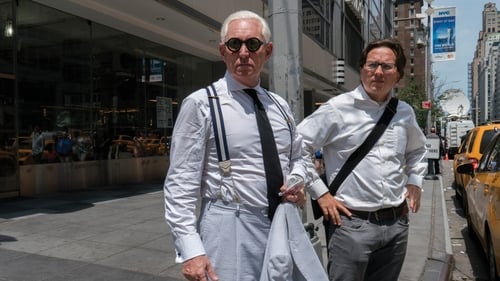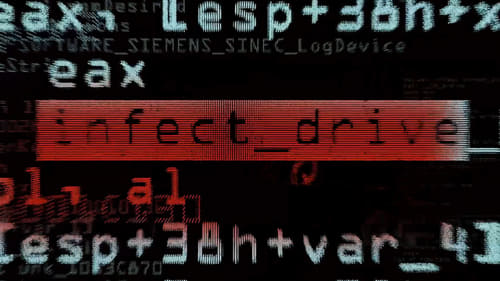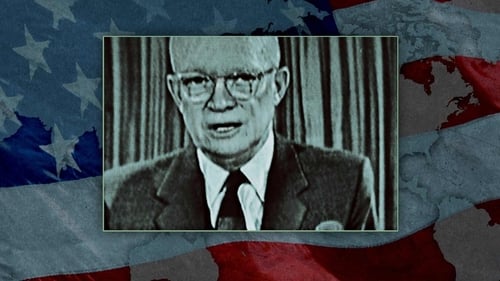
Director of Photography
Never-before-seen home movies and extraordinary personal archives reveal how Christopher Reeve went from unknown actor to iconic movie star as the ultimate screen superhero. He learned the true meaning of heroism as an activist after suffering a tragic accident that left him quadriplegic and dependent on a ventilator to breathe.

Director of Photography
From his days of testifying at the Watergate hearings to advising recent presidential candidate Donald Trump, Roger Stone has long offended people on both sides of the political fence as a force in conservative America. Outspoken author, pundit, ahead of his time election strategist, this is his story.

Director of Photography
Alex Gibney explores the phenomenon of Stuxnet, a self-replicating computer virus discovered in 2010 by international IT experts. Evidently commissioned by the US and Israeli governments, this malware was designed to specifically sabotage Iran’s nuclear programme. However, the complex computer worm ended up not only infecting its intended target but also spreading uncontrollably.

Cinematography
On April 1, 1945, the United States military launched its invasion of the main island of Okinawa, the start of a battle that was to last 12 weeks and claim the lives of some 240,000 people. This film depicts the Battle through the eyes of Japanese and American soldiers who fought each other on the same battlefield, along with Okinawa civilians who were swept up in the fighting. The film also depicts the history of discrimination and oppression forced upon Okinawa by the American and Japanese governments. Carrying up to the current controversy over the construction of a new base at Henoko, the film explores the root causes of the widespread disillusionment and anger expressed by many Okinawans. This ambitious documentary was directed by the American John Junkerman, long-term resident of Japan and Oscar-nominated documentary filmmaker. Okinawa: The Afterburn is a heartfelt plea for peace and an expression of deep respect for the unyielding spirit of the Okinawa people.

Director of Photography
William Kunstler was one of the most famous lawyers of the 20th century. His clients included Martin Luther King Jr., Malcolm X, Phillip and Daniel Berrigan, Abbie Hoffman, H. Rap Brown, Stokely Carmichael, Adam Clayton Powell, Jr., and Leonard Peltier. Filmmakers Emily Kunstler and Sarah Kunstler explore their father’s life, from middle-class family man, to movement lawyer, to “the most hated lawyer in America.”

Additional Photography
Boogie Man is a comprehensive look at political strategist, racist, and former Republican National Convention Committee chairman, Lee Atwater, who reinvigorated the Republican Party’s Southern Strategy to increase political support among white voters in the South by appealing to racism against African Americans. He mentored Karl Rove and George W. Bush and played a key role in the elections of Reagan and George H.W. Bush.

Additional Photography
A documentary on seniors at a high school in a small Indiana town and their various cliques.

Cinematography
The life of the Artinian family of Long Island was chronicled in the Academy Award nominated film "Sound and Fury " that came out in 2000. "Sound and Fury Six Years Later" is another engaging look at this extraordinary family in the years since their first movie captured audiences around the world. "Sound and Fury" ended with 6-year-old Heather's family deciding not to give her the cochlear implant. With the family painfully divided over this issue, Heather's parents decided to move their family to a deaf community to bring their kids up in the signing deaf world.

Director of Photography
A documentary follows three bull riders as they compete for the championship.

Director of Photography
Is American foreign policy dominated by the idea of military supremacy? Has the military become too important in American life? Jarecki's shrewd and intelligent polemic would seem to give an affirmative answer to each of these questions.

Director of Photography
In Washington D.C., one church becomes the symbol of a local community dedicated to one another.

Camera Operator
Just before the advent of the Great Depression, Henry Ford controlled the most important company in the most important industry in the booming American economy. His offer of high wages in exchange for hard work attracted workers to Detroit, but it began to come apart when Ford hired a private police force to speed up production and spy on employees. After the depression hit in 1929, these workers faced a new, grim reality as unemployment skyrocketed.











